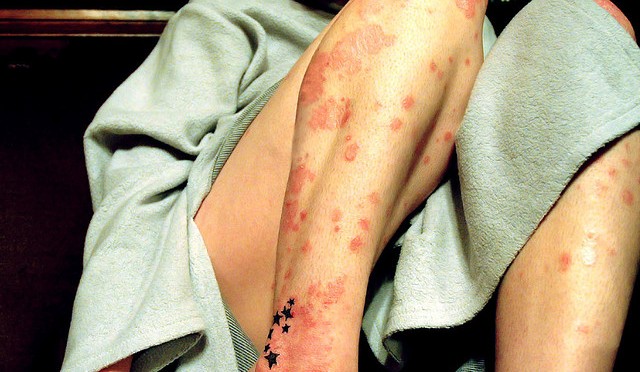Please click on the links below to read the full articles.
Wine
Alcohol
- Does a Drink a Day Help You Prevent Heart Failure?
- Underage drinkers of flavored alcoholic beverages at increased risk of alcohol-related injuries
- Tobacco use may double risk of alcohol dependency
Olives & Olive Oil
- Will this fat make me fat?
- The fats that you SHOULD be eating and the ones you must avoid
- Four foods to boost heart health
Mediterranean Diet & Healthy Eating
- Healthy Diet Associated with Better Quality of Life in Older Adults
- Want to Eat Better? Focus on Patterns, Not Particulars
- Eat smart for a healthy heart
- Mediterranean diet: A heart-healthy eating plan
- How To Prevent Heart Attack; 4 Easy Tips Including Mediterranean Diet
-

Photo by Flickr user Stadt Braut (https://www.flickr.com/photos/stadtbraut/12308868834/) - 51 Healthy Food Items That Cost Under $1
Nuts & Beans













